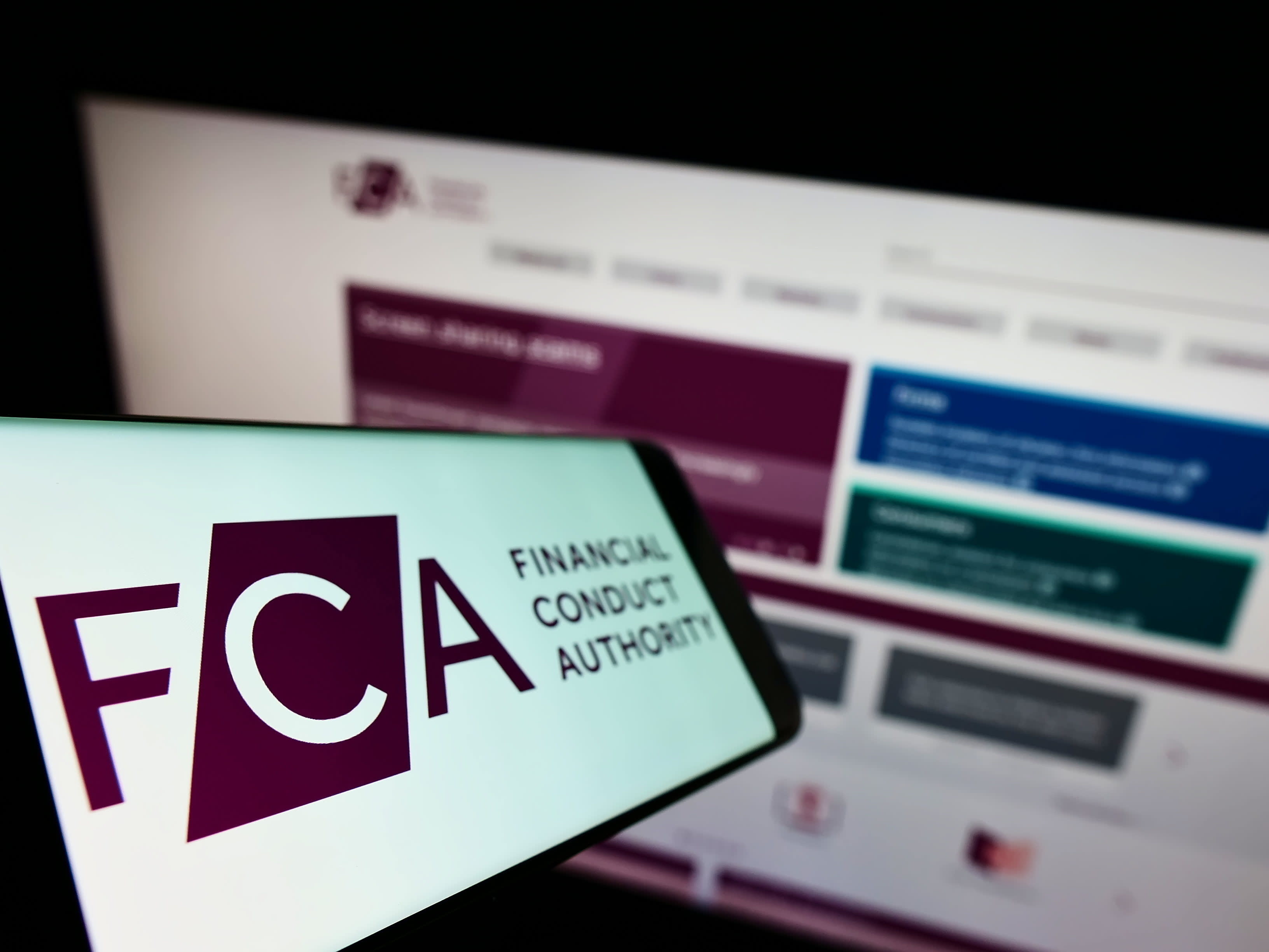Similar results are found among large, medium, small and micro companies: within each group, the less liquid tend to outperform.
The study considers the evidence to be so strong that it proposes liquidity should be regarded as an investment factor, alongside size, momentum and value.
Common sense supports the evidence
Illiquid investments should produce premium returns, for the simple reason that many investors cannot or will not hold them. That implies lower valuations and a boost to returns if assets become more liquid over time.
But there is a problem with illiquid assets too: they are illiquid.
Being a forced seller is painful.
The closed-ended structure removes this risk, while the open-ended one, however modified, leaves it hanging over managers’ heads. That can never be in investors’ interests.
Key Points
- The IA’s new long-term asset fund is designed to accommodate illiquid assets by delaying redemptions.
- The closed-ended fund structure works well for illiquid assets, as the manager does not have to sell assets or suspend trading.
- As public markets continue to shrink, investment trusts have the ability to look beyond quoted equities.
Investment companies with quoted exposure
| Investment company | Sector | % in unquoted companies |
| RIT Capital | Flexible Investment | 26% |
| Scottish Mortgage | Global | 20.8% |
| AVI Global | Global | 11.2% |
| Baillie Gifford US Growth | North America | 10.7% |
| F&C Investment Trust | Global | 7.9% |
| Fidelity China Special Situations | Country Specialist: Asia-Pacific ex-Japan | 4.7% |
| Edinburgh Worldwide | Global Smaller Companies | 4.2% |
| Witan | Global | 4% |
Source: AIC, June 16 2019
Nick Britton is head of intermediary communications at the Association of Investment Companies





